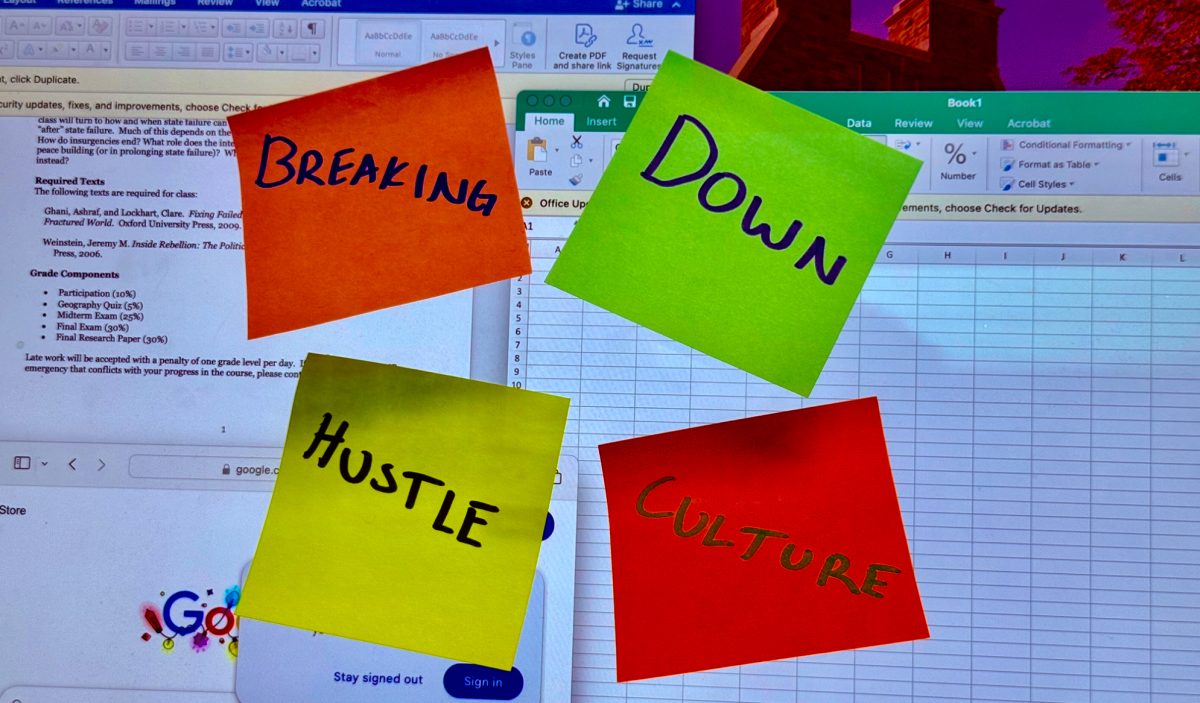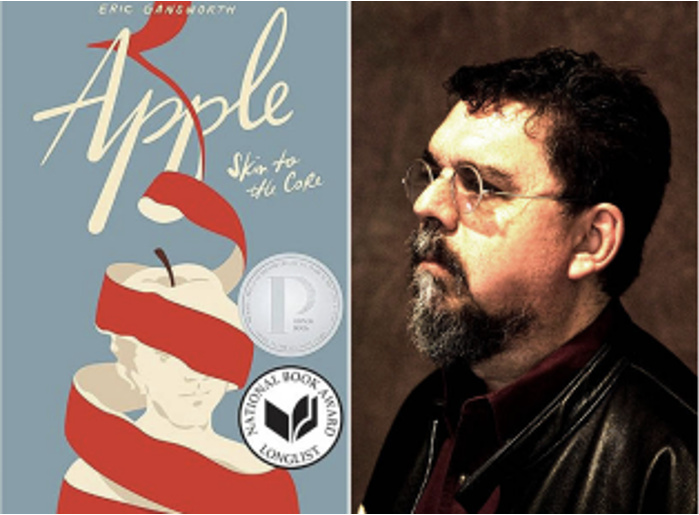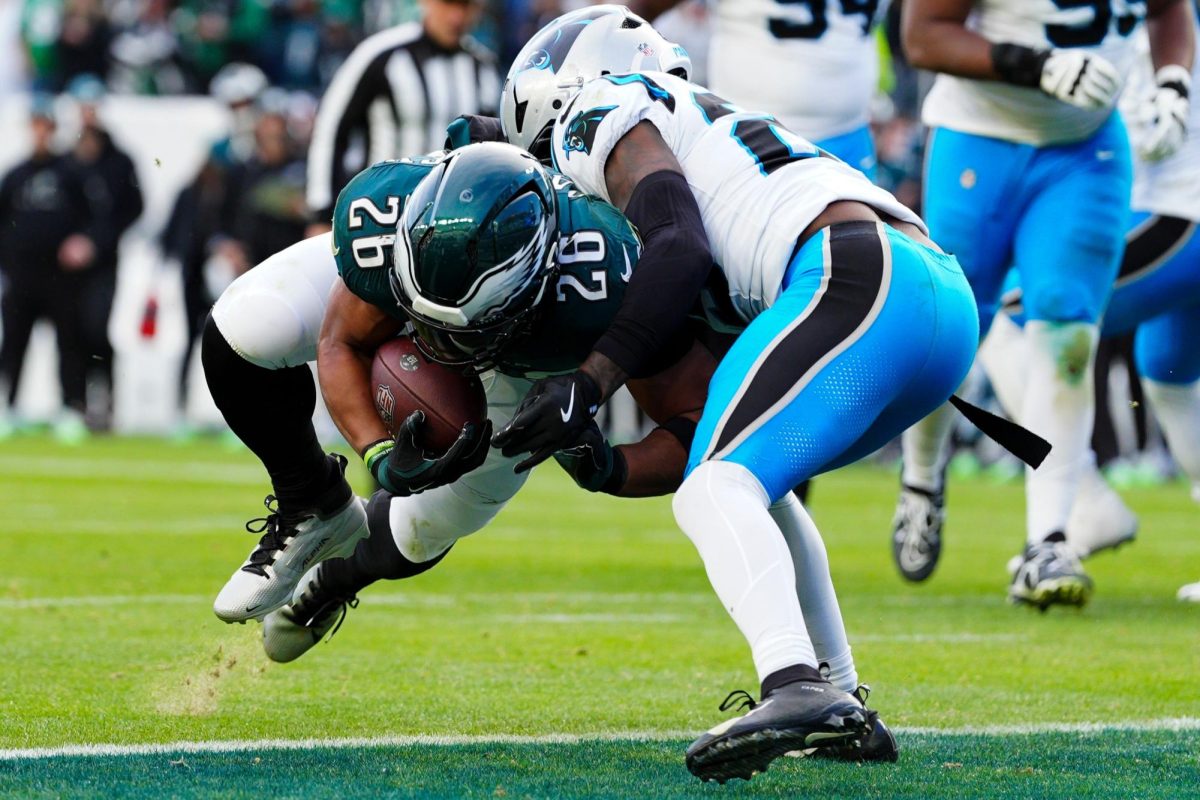My Spotify recommended is always overflowing with hot new singles and up-and-coming artists whose names I’ve never heard. As much as I love discovering new music, it can get overwhelming at times. When this happens, my favorite solution is to revisit my old playlists and take a trip down memory lane. That’s what I decided to do earlier this week, and as I listened to the nostalgic beats of my old favorites, I began to remember how much I loved each song. In particular, I remembered my early high school love for Lil Peep.
I searched his name to add a few more songs to my queue, and to my surprise, I saw that even he had released a new album just this month — an impressive feat when you take into consideration that Lil Peep has been dead for almost seven years.
It’s no new trend for rappers to be releasing music from beyond the grave (or, more accurately, for their producers to be doing it for them). Juice WRLD’s album “Legends Never Die” was released posthumously, and it ended up being one of the top streamed albums of 2020. However, Lil Peep’s discography struck me as an extreme case of this. Since his death in 2017, over a dozen singles and five albums have been released in Peep’s name. He’s technically released more music after dying than he did during his lifetime. At first, I found the absurdity of this a little funny, and checking his Spotify became somewhat of a game for me — I literally found a new song or album every time I looked. However, it eventually became hard for me to ignore how insane it is that an artist who has been dead for years is “making” as much new music as some of today’s most popular singers. Although a part of me loves the new content, I think the constant posthumous release of new songs is completely unethical and a problematic way to continue deceased artists’ legacies.
Some of Lil Peep’s most popular songs were released posthumously. In 2018, his team released the album “Come Over When You’re Sober, Pt. 2,” one of my personal favorites. It included a bonus track called “Falling Down,” a duet with rapper XXXTentacion. Similar to Peep, XXXTentacion died tragically young and has a number of posthumous albums and singles that were released as recently as last year. “Falling Down” used to be one of my favorite songs, partially due to the emotional impact of both rappers being dead at the time it was released. However, after I learned more about the song, it completely changed the way I looked at it. Many of Peep’s close friends and associates said that he hated XXXTentacion and never would’ve made a song with him. Lil Tracy, who collaborated with Peep regularly, said in a since-deleted tweet that the two weren’t friends and openly disliked each other. To me, this proves that releasing an artist’s work after their death can completely skew their image and go against their wishes.
The more I thought about it, the more the idea of an artist’s label releasing their music after the artist’s death raised some questions: Who gets the money? How do we know if these artists actually wanted certain samples used and released? What are the true intentions of the producers of posthumous music?
In terms of money, typically, the rappers’ estate managers and family members receive it, as well as the producers of the songs. Producer iLoveMakonnen receives a huge cut of Peep’s unreleased songs. The two were good friends during Peep’s lifetime, making it even more questionable to me that he’s making money off of duets created after Peep’s death with artists he supposedly hated. He claims his only intention is keeping Peep’s memory alive, but his monetary stake in it makes me wonder if that’s really all. Even worse, for years Peep’s record label was making a cut of the profits despite being involved in a wrongful death lawsuit with his mother. The fact that Peep’s label was making money off his posthumous releases while actively being sued for their involvement in his death undoubtedly proves how unethical posthumous music releases can be.
For me, one of the biggest issues is we can’t know whether or not these artists even want certain songs released. They aren’t here to tell us, and even their closest friends and family members, in my opinion, can’t be trusted to uphold their artistic integrity. In the most obvious case of “Falling Down,” Peep seems like he wouldn’t have wanted the song released, and it seems like those close to him would’ve known that. It’s impossible to tell how many other unfinished samples deceased rappers might not have wanted to be released, so putting these songs out to the public is potentially a huge violation on their artistic integrity and could be doing more harm than good.
I’ll admit that while I question the ethics behind these new releases, I still can’t stop myself from listening to them. However, I think new music from dead artists is generally well-received by fans because we’re only interested in it as a way to keep our favorites from being forgotten. We can enjoy the music because we don’t have anything else to gain from it. However, I don’t think the same intentions are true of those producing the songs and making money off them. Aside from all the evidence leading me to think this, I just think the production quality of Peep’s posthumous music has declined over time. The songs seem to be getting shorter and shorter, and sometimes samples are even reused in generic and borderline lazy ways. It seems to me like an obvious attempt to make money fast.
As nice as it is for fans of these artists to continue experiencing new music, the whole thing seems to me like a shady attempt at using big names for a quick cash grab poorly disguised as a way to honor these artists and keep their legacy alive.















